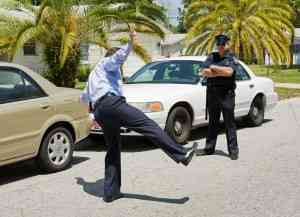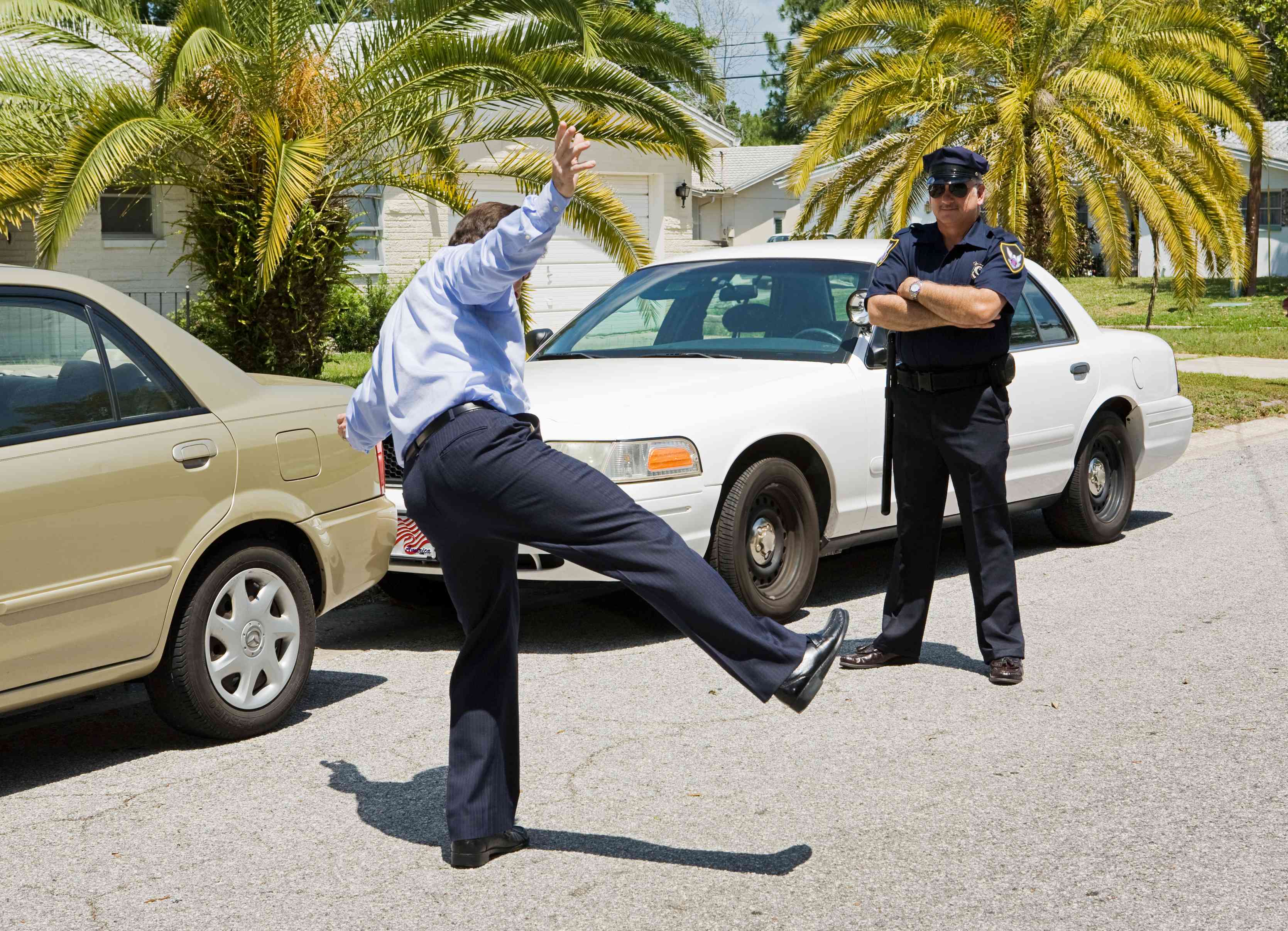 In Ohio, “operating a vehicle while under the influence” or OVI is pretty much the same as DUI or “driving under the influence.” According to Ohio OVI statutes, however, an OVI charge could likewise be used in the event that a driver has been caught driving while under the influence of other types of controlled substances including marijuana, prescription drugs, hallucinogens, or stimulants.
In Ohio, “operating a vehicle while under the influence” or OVI is pretty much the same as DUI or “driving under the influence.” According to Ohio OVI statutes, however, an OVI charge could likewise be used in the event that a driver has been caught driving while under the influence of other types of controlled substances including marijuana, prescription drugs, hallucinogens, or stimulants.
Ohio BAC Legal Limits
In Ohio, the legal blood alcohol concentration level is strictly 0.08% for drivers who are 21 years and above. Individuals, who’ve been arrested while driving with a BAC level of 0.08% or higher, will be charged with OVI. On the other hand, Law Offices of Steven R. Adams and other DUI attorneys in Cincinnati say that not everyone is subjected to this predetermined BAC limit. The exceptions are as follows:
- Drivers Holding a Commercial Driver’s License – Regardless of the type of commercial vehicle — delivery van, semi-truck, bus, or truck — if you hold a commercial license, you’re subject to more stringent BAC limits than typical drivers. In the event that you’ve been stopped and found to have a BAC level of 0.04% or greater, you could be charged with OVI.
- Underage Drivers – Drivers in Ohio who are younger than 21 years old are not allowed to drive if their BAC level is 0.02% or greater. Otherwise, an underage individual with a BAC level of 0.02% to 0.08% could be charged with OVUAC or “operating a vehicle after underage consumption,” while an underage driver with a 0.08% BAC level or above could be charged with an OVI offense.
Help from an OVI Lawyer
Regardless of which motorist type you fall under — passenger, commercial, or underage — if you’re arrested while driving over the state’s BAC limit, your punishment could be severe. Generally, the maximum punishment will depend on whether it’s your first OVI conviction or not.
In this light, you will need guidance from an experienced OVI lawyer to help you with your case. Your lawyer will assess of the evidence against you, which include all results and procedures of chemical and sobriety tests performed on you to make sure that your rights are upheld.
